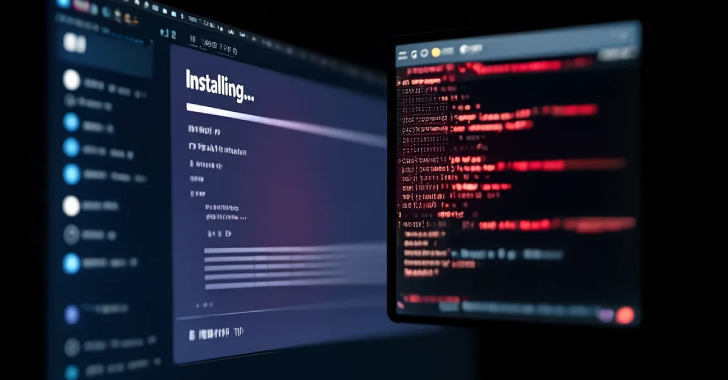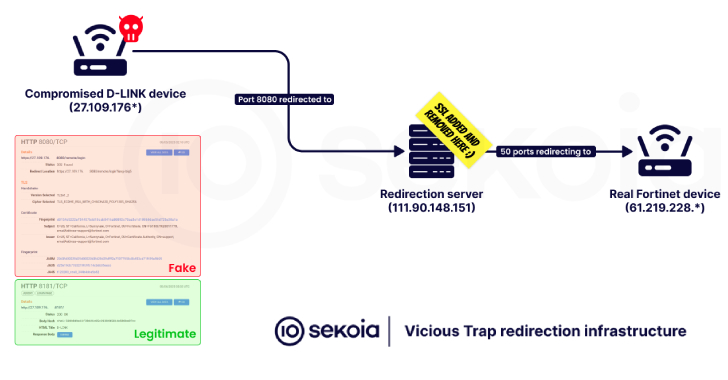
Elevating CJIS Compliance with Advanced Encryption Techniques
Introduction
In an era where the digital landscape is constantly evolving, ensuring the security and integrity of sensitive information has become a paramount concern. This is particularly true for organizations that handle sensitive data, such as law enforcement agencies. The Criminal Justice Information Services (CJIS) Security Policy plays a vital role in safeguarding law enforcement data, and advanced encryption techniques are becoming increasingly essential for achieving CJIS compliance. In this article, we will delve into the world of CJIS compliance and explore how advanced encryption techniques can elevate the security of law enforcement data.
Understanding CJIS Compliance
Before delving into advanced encryption techniques, it’s crucial to grasp the significance of CJIS compliance. CJIS is a division of the Federal Bureau of Investigation (FBI) responsible for maintaining and providing access to a vast repository of criminal justice information. This repository contains sensitive data, including criminal records, fingerprints, and other critical information that law enforcement agencies rely on for investigations and other crucial functions.
To ensure the security and confidentiality of this sensitive information, CJIS established a comprehensive security policy known as the CJIS Security Policy. This policy sets stringent requirements for the protection of Criminal Justice Information (CJI) and mandates that all organizations accessing CJI adhere to these standards. Failure to comply with CJIS security requirements can result in penalties, including the loss of access to critical criminal justice data.
The Role of Encryption in CJIS Compliance
Encryption is a fundamental component of any robust security strategy, and it plays a pivotal role in achieving CJIS compliance. Encryption is the process of converting data into a code to prevent unauthorized access, ensuring that even if data is intercepted or stolen, it remains unintelligible to unauthorized individuals.
The CJIS Security Policy explicitly requires the use of encryption to protect CJI. It stipulates that all data transmitted, received, or stored must be encrypted using methods compliant with Federal Information Processing Standards (FIPS) Publication 140-2. Compliance with FIPS 140-2 is essential, as it ensures that encryption solutions meet stringent federal security standards.
Advanced Encryption Techniques
To truly elevate CJIS compliance and enhance the security of sensitive data, law enforcement agencies and organizations must go beyond basic encryption methods. Advanced encryption techniques are essential to stay ahead of evolving cybersecurity threats. Here are some of the advanced encryption techniques that can be employed to bolster CJIS compliance:
- End-to-End Encryption: End-to-end encryption ensures that data remains encrypted from the moment it is created until it reaches its intended recipient. This means that even service providers or intermediaries cannot access the data in its unencrypted form. Popular messaging apps like WhatsApp and Signal employ end-to-end encryption to protect user communications.
- Quantum Encryption: Quantum computers have the potential to break traditional encryption methods. To prepare for the quantum computing era, law enforcement agencies should consider implementing quantum-resistant encryption algorithms. These algorithms are designed to withstand attacks from quantum computers.
- Homomorphic Encryption: Homomorphic encryption allows data to remain encrypted while computations are performed on it. This means that sensitive data can be used for analysis and processing without ever being decrypted. This technique is particularly valuable for law enforcement agencies that need to perform data analytics on CJI without exposing the data.
- Multi-Factor Authentication (MFA): While not a form of encryption, MFA is a critical security measure that complements encryption. It requires users to provide multiple forms of authentication before gaining access to sensitive systems. This adds an additional layer of security, even if encryption keys are compromised.
- Zero-Knowledge Proofs: Zero-knowledge proofs allow one party to prove to another party that they know a specific piece of information without revealing the information itself. This technique can be used to verify identities or permissions without disclosing sensitive data.
- Blockchain Technology: Blockchain technology, which underlies cryptocurrencies like Bitcoin, can be employed to secure data in a tamper-proof manner. Once data is recorded on a blockchain, it becomes nearly impossible to alter or delete.
Challenges and Considerations
While advanced encryption techniques offer significant advantages in enhancing CJIS compliance, they also come with challenges and considerations:
- Key Management: Managing encryption keys is crucial. If encryption keys are lost or compromised, data can become inaccessible. Robust key management practices are essential to ensure the security of encrypted data.
- Performance Impact: Some advanced encryption techniques, such as homomorphic encryption, can be computationally intensive and may impact system performance. Organizations must carefully balance security and performance requirements.
- Compatibility: Implementing advanced encryption techniques may require updates to existing systems and applications. Compatibility issues must be addressed to ensure a smooth transition.
- Training and Awareness: Proper training and awareness programs are essential to ensure that staff members understand and follow encryption protocols. Human error remains a significant factor in data breaches.
Conclusion
In an increasingly digital world, CJIS compliance is not optional for law enforcement agencies and organizations handling sensitive criminal justice information. Advanced encryption techniques are a powerful tool for elevating the security of this information and ensuring that it remains protected from evolving cybersecurity threats.
While implementing advanced encryption techniques may present challenges, the benefits in terms of data security and CJIS compliance far outweigh the drawbacks. By embracing end-to-end encryption, quantum-resistant algorithms, homomorphic encryption, and other advanced techniques, law enforcement agencies can not only meet CJIS compliance requirements but also stay ahead of cybercriminals in safeguarding sensitive criminal justice data.
In a landscape where data breaches and cyberattacks are on the rise, the adoption of advanced encryption techniques is not just a security measure; it’s a necessity for preserving the integrity of our criminal justice system and protecting the rights of individuals whose information is at stake.
Contact Cyber Defense Advisors to learn more about our CJIS Compliance solutions.





